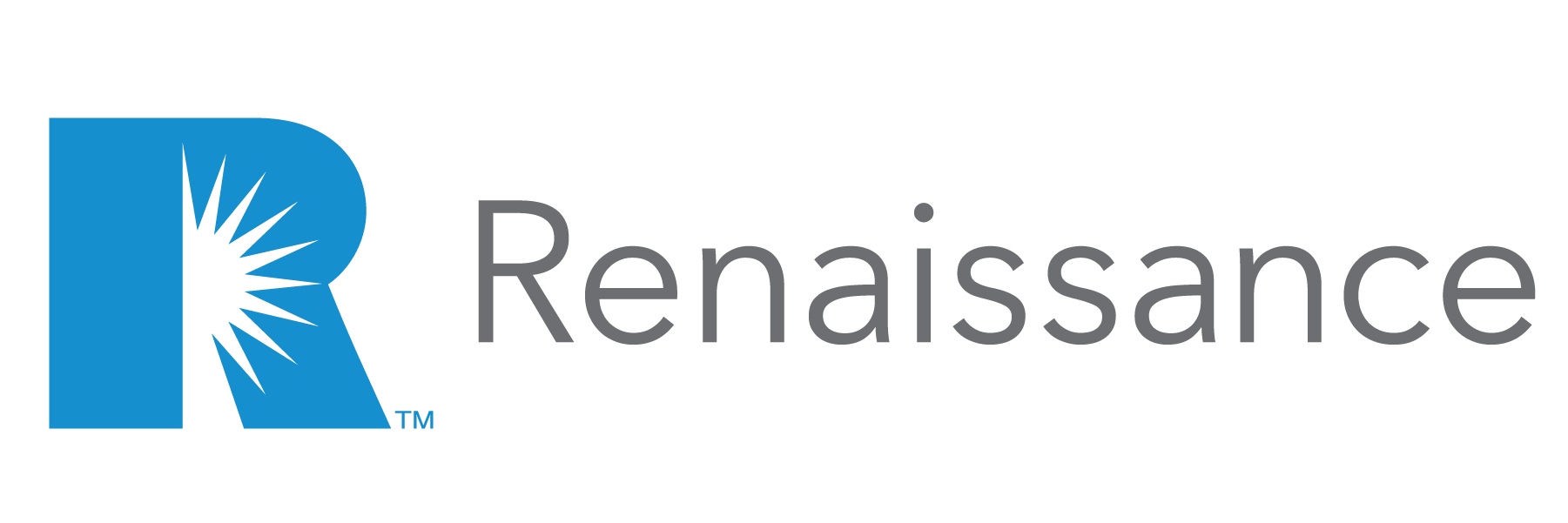Florida’s independent agents are accustomed to challenges in the property market, but recent developments have been enough to unnerve even those who thought they’d seen it all.
By Oscar Miniet
The latest controversy to shake up the Sunshine State’s insurance market centers around Demotech, the ratings agency that has monitored the solvency of property-writing insurers throughout the state since the mid-’90s. In years since, after several major carriers opted to pull out and cut their losses, keeping tabs on those insurers that do continue to operate here – mostly regional ones – has become increasingly vital.
Demotech’s influence in this market can’t be understated when it comes to the ratings they administer to those carriers. Here, it’s not uncommon for an insurer to be carrying an “A” rating one week, and then the following week, they’re branded in danger of going under as soon as that carrier’s rating is withdrawn.
Usually, this isn’t regarded as an issue; industry insiders in Florida are typically aware of which insurers are facing trouble with their books. St. John’s Insurance Co., one of the biggest Florida-based property & casualty insurers (with about 160,000 policies), had its assessment withdrawn in February; they stopped writing business in Florida very soon afterward.
While a policy transfer of that size was certainly notable, few were surprised. Insiders knew St. John’s was in trouble, it had its assessment withdrawn, and no one panicked.
Now, however, it’s a different story – one with much larger implications for Florida agents.
Letter of the Law
On July 19, Demotech sent letters to 17 Florida property-writing insurers, informing them that they were likely to have their “A” ratings downgraded on July 26 to “S” (substantial) or “M” (moderate), as they are not meeting the requirements to sustain an “A” (unsurpassed, or exceptional) financial strength rating.
While the “S” rating suggests that a carrier is still holding substantial reserves, the critical issue is, Florida property insurers are required to maintain an “A” rating in order to underwrite business in the secondary mortgage market. With a rating lower than “A,” the Federal National Mortgage Association (Fannie Mae) and the Federal Home Loan Mortgage Corporation (Freddie Mac), which back approximately 62% of all residential mortgages, will not accept their policies.
The simultaneous loss of 17 carriers – or even half that number – would be disastrous for the Florida insurance market, and agents would be faced with the task of ensuring their clients maintain coverage if one or more of their carrier partners were to fold. Many Florida agents became concerned over whether they had enough E&O coverage to protect them, should they get sued by homeowners who lose their mortgages.
Reaction from Florida insurance officials to Demotech’s anticipated move was swift – and severe.
Download our free e-book here: The Independent Agent’s Playbook for Success – How to Solve Your Agency’s Five Biggest Challenges
Jimmy Patronis, CFO of the State of Florida, called Demotech “a rogue rating agency” in a letter to Sandra Thompson, director of the Federal Housing Finance Agency, and stated that underwriting guidelines at GSEs Fannie Mae and Freddie Mac have inadvertently empowered Demotech “to play havoc with the financial lives of millions of Floridians.”
“After 25 years, Demotech virtually holds a monopoly on issuing financial strength ratings to Florida domestic carriers while being largely unknown/unnecessary in other parts of the country. To be clear, other rating agencies operate in the marketplace, but none have reached critical mass here in Florida, making Demotech option one of one. Worse yet, they know it,” Florida Association of Insurance Agents (FAIA) President Kyle Ulrich wrote in a blog post. “Over the years, Demotech’s founder Joe Petrelli has pushed himself further into the limelight by publicly engaging in political theater threatening carrier downgrades, and holding pressers to explain the company’s unchecked behavior and rating methodologies.”
Florida Office of Insurance Regulation (OIR) Commissioner David Altmaier commented that Demotech’s move “is an example of inconsistent, monopolistic power of a select rating agency,” and that the rating agency “is trying to exert coercive influence over Floridians and policymakers in an effort to thwart public policy according to its own opinions.”
In a letter to Petrelli, Altmaier called on Demotech to perform a more thorough review of the proposed ratings, given their potential impact.
Petrelli hit back at Demotech’s detractors, telling Insurance Journal that “The OIR letter, the CFO’s letter and the FAIA press release are all inaccurate.” He declined further comment.
In a Tough Spot
Demotech didn’t always possess the power it does today. In the late ’80s, independent, regional, and specialty insurance companies were not monitored by rating agencies. By 1990, Demotech gained acceptance from Fannie Mae and Freddie Mac to administer Financial Stability Ratings (FSRs) of “A” or better. In 1993, the United States Department of Housing and Urban Development (HUD) published its acceptance of FSRs of “A” or better to qualify insurers to provide general liability insurance.
After Hurricane Andrew hit in 1992, numerous smaller carriers were wiped out, many major insurers and reinsurers pulled out of Florida, and the national rating agencies followed. In 1996, Demotech was asked to assign FSRs to Florida-domiciled P&C insurance companies. Now, it reviews and assesses the financial strength of carriers writing nearly 60% of Florida’s property insurance market, as well as 350 insurers operating outside of Florida.
Whether it did so or not to save face, Demotech has delayed releasing the list of the 17 insurers under threat of being downgraded while it conducts further discussions with the affected carriers – and agents and Florida insurance officials remain in the dark as to which companies are at risk.
“As the current regulatory climate has become hostile and negative and we have and will expend a significant effort creating responses to third party letters, we will be taking additional time to review information and consider the issues affecting the companies operating in Florida,” the rating agency said in a statement. “Our rating revisions originally scheduled to be released Tuesday, July 26th will be announced when we have completed all relevant discussions with rated entities.”
A ’Revolutionary’ Solution
Unconvinced by Demotech’s assurances, the Florida OIR has since taken matters into its own hands. It announced a plan to establish a temporary reinsurance arrangement through Citizens Property Insurance Corporation (Florida’s state-run insurer of last resort) to counter the potential effect of Demotech’s rating downgrades. This unprecedented solution would allow insurers to satisfy Fannie Mae and Freddie Mac to ensure Floridians can maintain coverage during hurricane season.
Both Fannie Mae and Freddie Mac offer an exception to the financial rating requirements for an insurer covered by a reinsurer who assumes, by endorsement, 100% of the insurer’s liability for any covered loss payable, but unpaid by the insurer, by reason of insolvency.
At the moment, it’s unclear how long this arrangement will remain in place. We should also consider: if this works, would that imply that financial ratings are no longer needed? If Fannie’s and Freddie’s mortgage requirements are the primary reason for the existence of financial stability ratings in Florida, how important would Demotech’s ratings remain, going forward?
Time will tell, but one thing is certain: this latest situation should serve as a wake-up call to agents with books of business heavily weighted toward personal lines. It may well be time to consider looking at taking on more commercial accounts, not only to bring more balance to your book but also to help ensure your agency’s future.
Oscar Miniet is Regional Executive Vice President at Renaissance Alliance. He can be reached at oscar.miniet@reninsdev.wpengine.com.
Renaissance Alliance members have access to more than 45 standard carriers and over 100 markets in total. Learn here how your agency can greatly expand your placement options.






